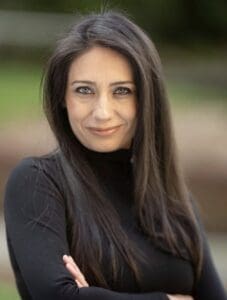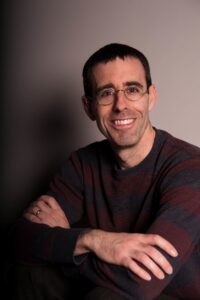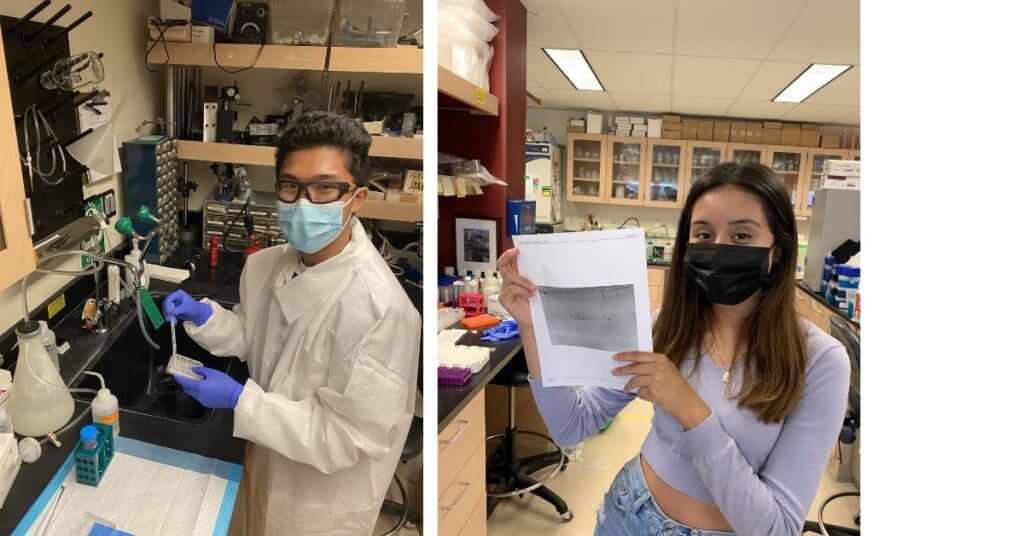Highlights | Paving the way to careers in science
- The Summer Science Program matches low-income and underrepresented high school students with UW School of Medicine labs for hands-on experience and mentorship.
- Students spend eight weeks researching and conducting experiments.
- The program is in its second year, with 21 students participating.
For many, it’s hard to imagine what a career in the sciences looks like, and for young women and people of color who are underrepresented in STEM fields, it can be even harder to picture working in these roles.
Through the Summer Science Program, Claudia Moreno, PhD, assistant professor in the Department of Physiology and Biophysics, and Fred Rieke, PhD, professor in the Department of Physiology and Biophysics, aim to address this problem by matching low-income and underserved high school students with UW School of Medicine labs for eight weeks of hands-on experience.
“They get to see that science is diverse and can be done by a diverse group of people,” Moreno says.
This summer, 21 students joined UW Medicine to study everything from behavior in zebrafish to neural networks in the brain to models of protein structures.
A passion project made real

Claudia Moreno, PhD
Moreno’s motivation to create the Summer Science Program came from her own experiences attending a lecture and lab series while she was an undergrad in Colombia.
“I come from a very low-income background. My parents didn’t finish elementary school, and we are five siblings. We knew that education was our way out of poverty and an opportunity to completely change our lives,” she says.
Through the program she attended, Moreno was able to study in Mexico and later become a postdoctoral fellow in the U.S. This gave her the resources and opportunities to go on to become a professor and run her own research lab.

Fred Rieke, PhD
Rieke had also long aspired to launch a program connecting underserved kids in the community with STEM opportunities, and the racial unrest in 2020 spurred him to act.
Now, the duo is partnering with community organizations Rainier Scholars, SPIN Girls and Minds Matter to offer lifechanging exposure and guidance in the sciences to local students.
“It’s remarkable when you think how much you can help people by organizing activities and opening doors to organizations and institutions of high-level education outside the country or here locally,” Moreno says. “That’s what I envisioned for these kids. It changes the way they see science and the way they see themselves.”
A student-centered approach
During the Summer Science Program, students perform their own experiments using the latest technologies and resources at UW Medicine.
“When I floated the idea of bringing kids from these communities to spend the summer with us, I was really clear that this is not about getting a result for the labs. We need to use our infrastructure and resources to offer these kids a glimpse of what it’s like to be a scientist,” Moreno says.
Students in the program decide what research question they want to study, learn how to think like a scientist and use current technology to discover answers.
“We organized the program to give the students an immersive experience in a single lab,” Rieke says. “We want them to establish relationships and see if it’s an environment they’d enjoy being in because it’s not something they would have had the chance to experience before.”
Students also meet weekly to learn skills like how to read scientific articles and attend open houses where labs across the university talk about their research and demonstrate techniques and equipment. At the end of the program, each student presents their research and work to members of the UW Medicine community

Summer science program students conducting research.
A bright future ahead
At a recent intern day, one summer program student shared his research about spectrophotometry, or the intensity of light beams at different wavelengths. His goal is to attend medical school.
Another, the youngest in the program as a ninth grader, is discovering how aging affects the pericardium, the membrane that surrounds and protects the heart.
“She is amazing. I tell her, ‘You need to go get your degree and then come back because I will be waiting for you,’” Moreno says.
These students are learning more than how to model a protein or use a pipette, they’re discovering that a future and career in the sciences is possible.
As for the future of the Summer Science Program? Moreno and Rieke have ambitious plans to garner more support, obtain outside funding and eventually even expand to rural areas outside of Seattle.
“We dream big because we know that we could have a huge impact in other communities,” Moreno says. “20 years ago, a group of scientists from different countries came to mine and changed my life, probably they don’t know it, but I do. Now, we can do the same here for many kids.”


